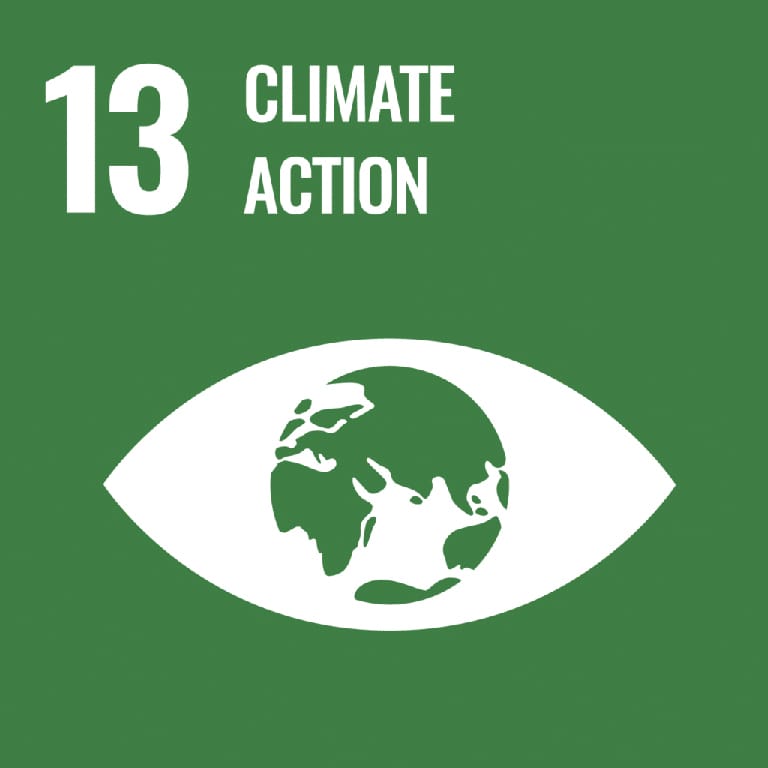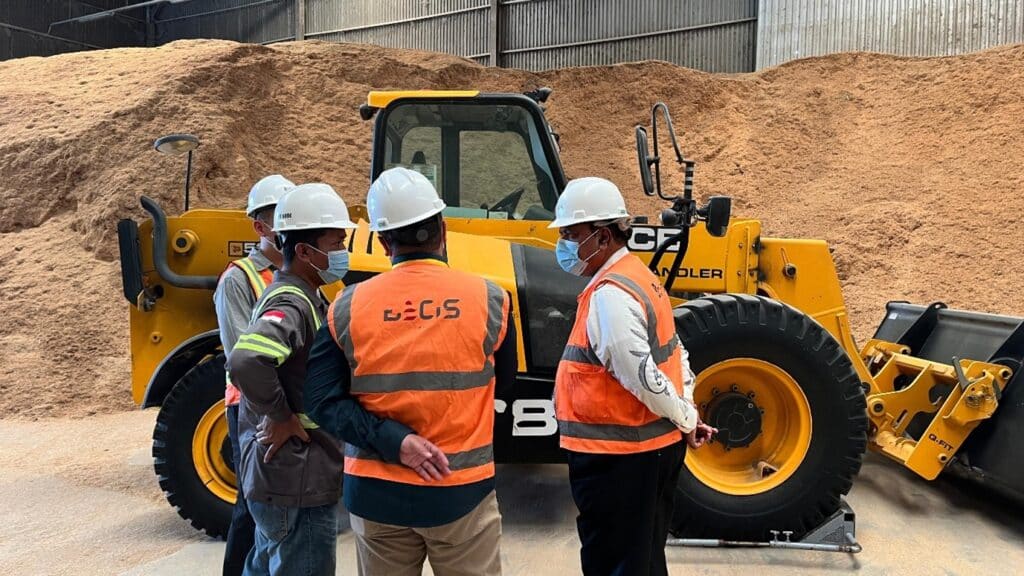19. March 2025
With Business Support, BECIS has developed a new credible and transparent standard to include a wider variety of local biomass feedstocks for its bioenergy production in Asia – while ensuring that the biomass is developed in a sustainable manner.

Opening for more sustainable biomass energy-production in Asia
Biomass energy comes from various feedstock sources: residues from trees, plants, – agriculture and industry, as well as from other kinds of biological waste. When used in conjunction with other green technologies, such as solar panels or wind turbines, biomass can help create a truly renewable energy system. However, bioenergy has some drawbacks. When implemented without a sustainability perspective, their production can among others strain local food supplies, contribute to reduced biodiversity and even increase Co2 emissions. If bioenergy is to be a part of the solution to tackling climate change, it has to be developed sustainably.
“Bioenergy is acknowledged to be an essential tool for reaching net zero emissions, but only when delivered under the right conditions.”
Dr Christian Rakos, President of the World Bioenergy Association
Berkeley Energy Commercial Industrial Solutions (BECIS) is a Norfund investee that has several operating and planned biomass plants in India and Southeast Asia. The plants use a variety of biomass feedstocks depending upon the dynamics of local markets in each country. BECIS reached out to Norfund Business Support with an application for development of a new internal, credible, third-party verified, and transparent corporate standard to cover the wide variety of biomass feedstocks it uses. Some of the biomass feedstocks are already certifiable under the well-known Roundtable on Sustainable Biofuels standard (RSB) while others are not.
The application was approved, and a pilot project was implemented in Indonesia and Thailand with the following phases:
- Discovery Phase: BECIS’ existing sourcing program was assessed with respect to the RSB and other framework requirements such as Bonsucro, IFC Performance Standards, and IFC E&S Risk guidelines in the AgroCommodity Supply Chain.
- Program Development: A new sourcing program – BECIS Responsible Sourcing Criteria (BRSC) – was developed to measure and ensure that all locally sourced biomass feedstocks still meet international principles for Environment, Labor, Social, and Governance.
- Training for targeted BECIS staff: As soon as the framework was established, training was provided by external party to BECIS Bioenergy plants in Indonesia, Thailand, Philippines, India, and Cambodia.
- Pilot audits: In three plants in Indonesia and one plant in Thailand, pilot audits were conducted
- Third-Party Assurance: The new developed BECIS Responsible Sourcing Criteria were assured by a third party.
Today, the new BECIS Responsible Sourcing Criteria (BRSC) applies to BECIS and all it’s first and second tier suppliers involved in the supply, transport, storage, and handling of biomass feedstocks.

Results
BECIS is committed to ensuring sustainability across its operations, and as part of this effort, the company has been actively working on bioenergy certification. The development of this certification program has been a critical step in making BECIS more sustainable by ensuring that none of its biomass feedstocks lead to negative environmental or social impacts. This includes preventing harmful practices such as deforestation, reduced food production, the use of child labor, etc. The program helps BECIS demonstrate its dedication to responsible sourcing and environmental stewardship.
Looking ahead, BECIS plans to continue this certification process in 2025 for additional bioenergy plants. This expansion is part of an ongoing effort to ensure that all bioenergy plants under BECIS’s management meet rigorous sustainability standards, including responsible and sustainable energy production.
BECIS is servicing industrial customers, including several multinationals such as Heineken, Danone and Nestle. The new standard has allowed BECIS to meet their customers’ and stakeholders’ expectations for responsible sourcing certification -while reducing future certification costs.
Ultimately, the industry performance will be improved by minimizing supply chain risks related to ESG and sustainability criteria.
Intervention facts
Norfund’s support: USD 23.500
Norfund’s cost share: 45%
Intervention period: Oct 2023 – Oct 2024